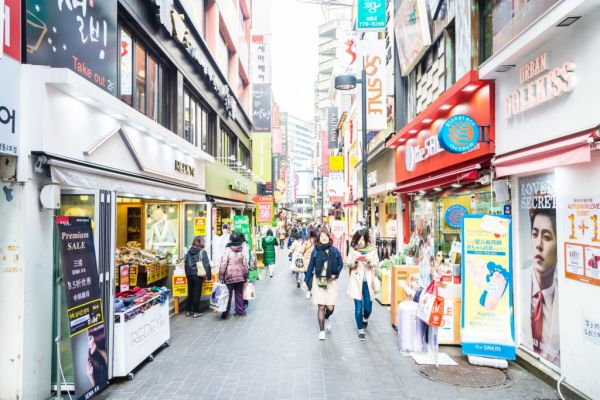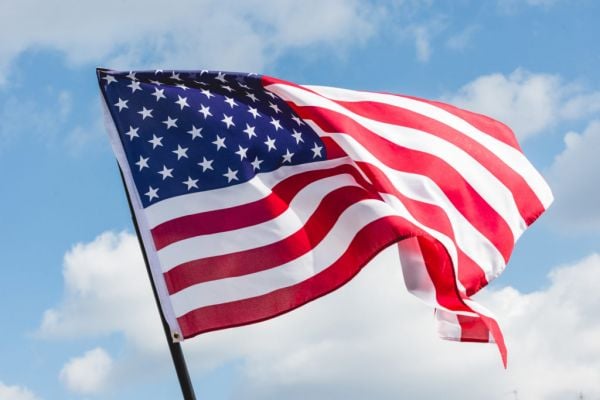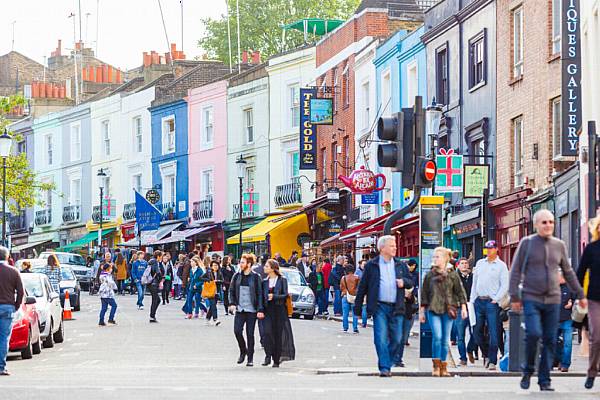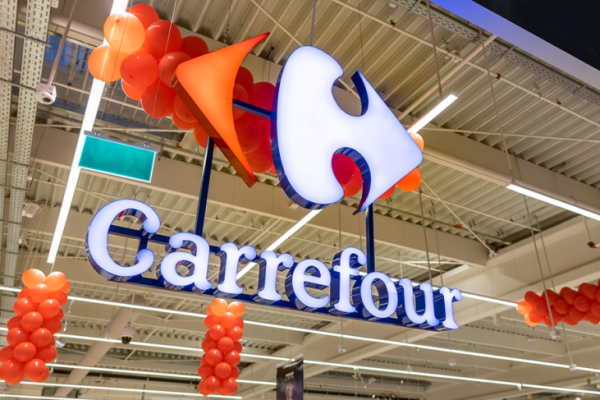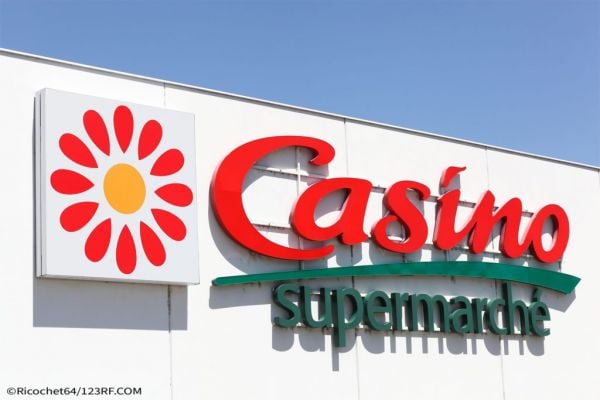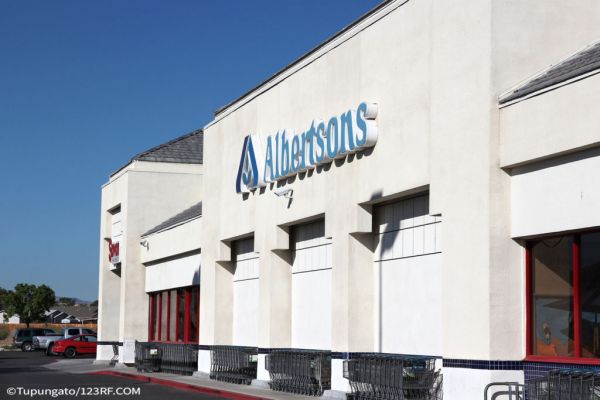The rising number of single-person households in South Korea is helping to fuel a boom in neighborhood convenience stores, one of the few bright spots in the nation’s sluggish economy.
The number of convenience stores has jumped by more than half over the past five years, to 32,000 this year, according to the Korea Association of Convenience Store Industry.
Analysts point to single-person households, which are expected to account for about a third of Korean households by 2030, up from 20% in 2005, according to the official Statistics Korea.
“Convenience stores have more appeal to single households compared to other local businesses such as supermarkets and drug stores,” said Kim Moon-tae, a senior researcher at the Hana Institute of Finance. Goods at supermarkets are a bit too big for small households and drug stores focus on beauty products, Kim said.
The trend has been great for BGF Retail Co., the largest convenience store chain in Korea, which is likely to surpass 5 trillion won [$4.3 billion] in revenue in 2016, according to a Bloomberg survey of analysts. That would be up 16% from 4.3 trillion in 2015. Its stock price has more than doubled since it was listed in 2014, according to data compiled by Bloomberg.
“Single households can buy as much as they need at the closest convenience store without feeling restrained, wearing anything they’d like, 24 hours a day, and I think this is one of the factors helping convenience stores grow," said Kim Chulsik, a researcher at Yonsei University’s Institute of East and West Studies.
Convenience stores are adapting to the needs of single people, said Park Byung-su, who runs a 66-square-meter store in Seoul’s Sageun neighborhood where the number of those living alone rose 39 percent from 2010 to 2015, according to Statistics Korea.
Park said he and his brother expanded the store’s offerings five years ago when hardware shops around the neighborhood started to disappear and people began dropping by in search of electric supplies. “Before then, most of our goods were just snacks,” he said.
Now Park’s store sells nail clippers, garbage bags, brewed coffee, light bulbs, hair gels, wet wipes, towels and electric alarm clocks. At other convenience stores, shoppers can pay bills, drop off or pick up a parcel and even rent a car.
Kim Young-kyu, 33, who lives alone near Seoul’s Hongdae neighborhood, said he visits the same convenience store almost every day for breakfast.
“I’d rather go to a convenience store than a nearby gimbap restaurant,” Kim said, referring to small restaurants that sell rice wrapped in seaweed. “There is much more to choose from. They have lunch boxes, bread, ramen and a lot more."
News by Bloomberg, edited by ESM. To subscribe to ESM: The European Supermarket Magazine, click here.
